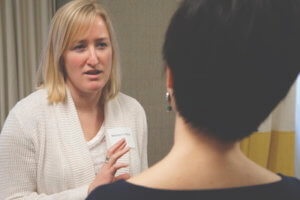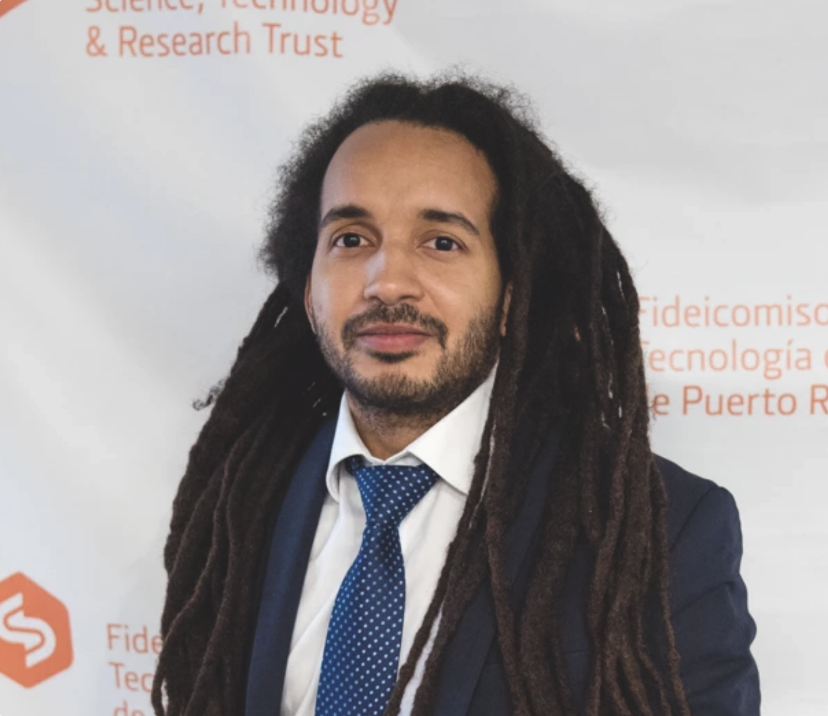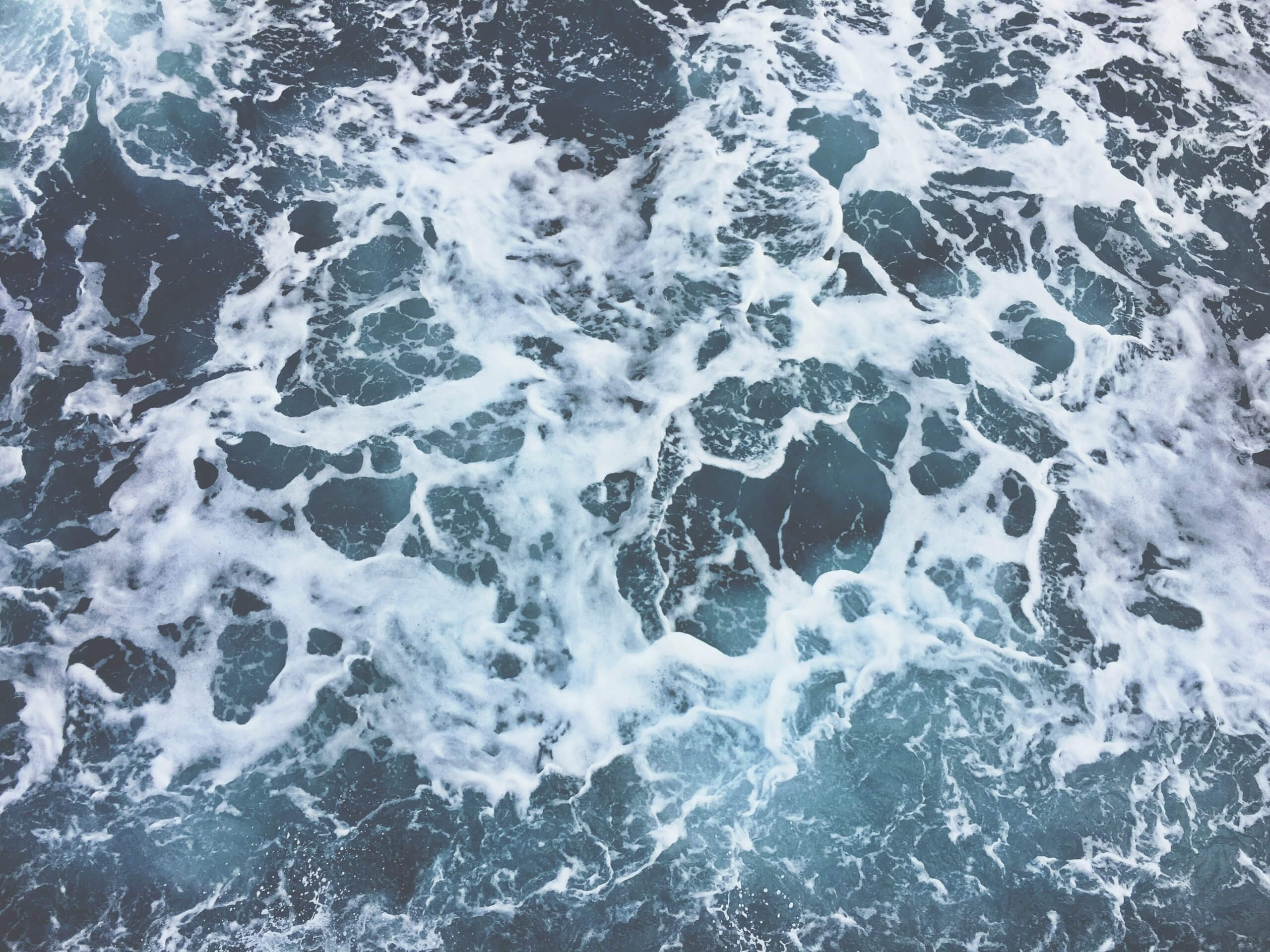Earlier this spring, COMPASS led a policy communications training for the Switzer Fellows in Washington, D.C. that included practicing communication skills and learning about the world of policymakers, and was capped by meetings with policymakers on Capitol Hill. The Switzer Fellowship, a program of the Robert and Patricia Switzer Foundation, provides academic support, leadership training, and professional development opportunities for graduate students studying environmental fields in New England and California.
We caught up with Marissa McMahan, a graduate student at Northeastern University who is studying the northern range expansion of black sea bass and how that affects both human and ecological systems in the Gulf of Maine, to hear more about her experience in D.C.
What’s a challenge of communicating your research, and how have you overcome it?
The climate change link—it’s a challenge to convince people that climate change is a real thing. I had to learn how to communicate the details, facts, and important parts of my work without linking it to climate change immediately. By tailoring it to my audience, and not mentioning climate change up front, people aren’t up in arms from the beginning. I don’t want to take that component out, because it is a big part of range expansion, but people need to know about the other things as well. And usually, as I tell them more details and background information, people start to come around and realize it has to do with warming temperatures.
For anyone that lives on or fishes in the Gulf of Maine, we can see that the water is warming; it’s not up for debate. I share what we see: here are the temperature records, this is reliable information. A lot of climate science in the Gulf of Maine backs that up as well, so that’s really helpful—it’s not disputed. The why is still disputed, but not the fact that the water is getting warmer.
How has engaging with policymakers changed your view of your research?
It has totally changed the way I think about my research and describe it. Early on, I started talking with sea bass researchers at the NOAA Northeast Fisheries Science Center, because I knew there was a huge gap in knowledge about sea bass. They laid out what they knew, and didn’t know, and what was needed to manage the stock. It really changed how I was asking my research questions. Building on that, I worked with stock assessment groups, the Mid-Atlantic Fisheries Council, and others interested in better ways to manage sea bass. But until the Switzer Fellowship and the COMPASS training, I had never thought about my research in a federal context at all!
I never took any policy-related courses previously, but now I wonder why that’s not required for fisheries biologists. Wading through all of the information about the different task forces and aspects of the Magnuson-Stevens Fisheries Conservation and Management Act was really fascinating. Being on Capitol Hill was intimidating, I didn’t think anyone would care about what I had to say, or that I’d be able to contact the office of a senator and get a meeting—but the staff were really interested and we had great discussions, and seeing how my work applies to real world questions at that level, that was eye-opening.
What’s your goal for communicating your work?
It goes back to my background – I come from a commercial fishing family, and spent a large portion of my life working on commercial fishing boats. Growing up in that kind of community, there weren’t a lot of educational opportunities, at least at that point where I grew up. Most people didn’t trust policymakers or scientists or science—there was a disconnect, and people didn’t know what scientists did, so they certainly didn’t trust their results. It wasn’t just fishermen who felt that way, it was whole communities of small coastal fishing villages.

Marissa in D.C. for the Switzer training. Image by Lauren Hertel.
When I started my grad program, I was mostly interested in the science, but I also partnered with groups that made active attempts to involve the community as part of their mission. Educating children, reaching out to fishermen and local communities – those are some of the greatest experiences I’ve ever had.
I did a crowdfunding project for my research a few years ago, and started blogging. I thought maybe people would be interested, but the number of people who followed my work was astounding to me. People contacted me to ask how the research was going, and so many people had information that they wanted to share, specifically fishermen, who I otherwise wouldn’t have been able to reach out to. That really surprised me. I didn’t think people would be that interested in my work. It was really encouraging, and changed how I think about it and talk about it. Even if outreach isn’t a significant component of my job, it’s important to me. So I volunteer whenever I can, teaching kids about marine science, going to schools and classes, and using science to improve people’s understanding and their lives.
![_1115657[1]](https://www.compassscicomm.org/wp-content/uploads/2016/06/11156571.jpg)


